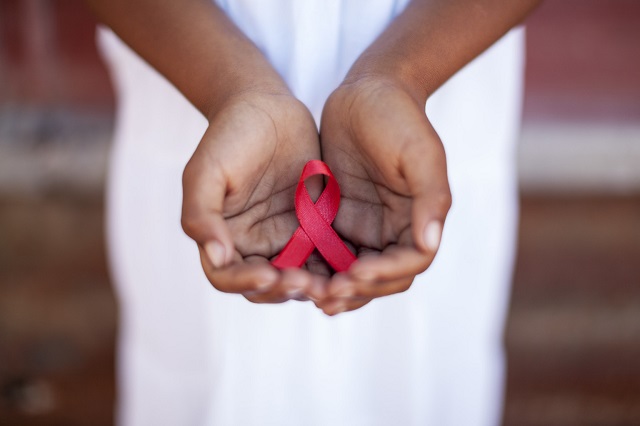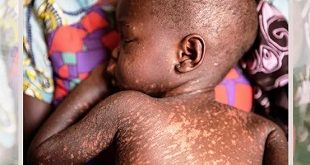
Kampala, Uganda | THE INDEPENDENT | Disruptions of antiretroviral therapy could lead to more than 500,000 extra deaths from AIDS-related illnesses in sub-Saharan Africa if efforts are not made to overcome interruptions in health services during the COVID-19 pandemic.
The estimates were unveiled by a modelling group convened by the World Health Organization and UNAIDS. Five teams of modelers were brought together using different mathematical models to analyze the effects of various possible disruptions to HIV testing, prevention and treatment services caused by COVID-19.
Each model looked at the potential impact of treatment disruptions of three months or six months on AIDS mortality and HIV incidence in sub-saharan Africa. In the six-month disruption scenario, estimates of excess AIDS-related deaths in one year ranged from 471,000 to 673,000 making it inevitable that the world will miss the global 2020 target of fewer than 500,000 AIDS-related deaths worldwide.
The modelling exercise makes it clear that communities and partners need to take action now as the impact of a six-month disruption of antiretroviral therapy could effectively set the clock on AIDS-related deaths back to 2008 when more than 950,000 AIDS-related deaths were observed in the region.
It adds that people would continue to die from the disruption in large numbers for atleast another five years with an annual average excess in deaths of 40 percent over the next half a decade. In addition, HIV service disruptions could also have some impact on HIV incidence in the next year.
“The terrible prospect of half a million more people in Africa dying of AIDS-related illnesses is like stepping back into history,” said Dr Tedros Adhanom Ghebreyesus, Director-General of the World Health Organization. He added that countries must read this as a wake-up call to identify ways to sustain all vital health services.
In sub-Saharan Africa, an estimated 25.7 million people were living with HIV and 16.4 million (64 percent) were taking antiretroviral therapy in 2018. During the year, the region lost an estimated 470,000 people. Those people now risk having their treatment interrupted due to the closure of HIV services, inability to supply antiretroviral therapy because of disruptions to the supply chain or because services simply become overwhelmed due to competing needs to support the COVID-19 response.
Winnie Byanyima, the Executive Director of UNAIDS says that the COVID-19 pandemic must not be an excuse to divert investment from HIV. “There is a risk that the hard-earned gains of the AIDS response will be sacrificed to the fight against COVID-19, but the right to health means that no one disease should be fought at the expense of the other,” Byanyima said.
When treatment is adhered to, a person’s HIV viral load drops to an undetectable level keeping that person healthy and preventing onward transmission of the virus. When a person is unable to take antiretroviral therapy regularly, the viral load increases, impacting the person’s health which can ultimately lead to death. Even relatively short-term interruptions to treatment can have a significant negative impact on a person’s health and potential to transmit HIV.
Disrupted services could also reverse gains made in preventing mother-to-child transmission of HIV. Since 2010, new HIV infections among children in sub-Saharan Africa have declined by 43 percent from 250,000 in 2010 to 140,000 in 2018, owing to the high coverage of HIV services for mothers and their children in the region.
Curtailment of these services by COVID-19 for six months could see new child HIV infections rise drastically by as much as 37 percent in Mozambique, 78 percent in Malawi, 78 percent in Zimbabwe and 104 percent in Uganda.
“Every death is a tragedy,” added Ms. Byanyima. “We cannot sit by and allow hundreds of thousands of people many of them young to die needless deaths. I urge governments to ensure that every man, women and child living with HIV gets regular supplies of antiretroviral therapy—something that’s literally a life-saver.”
The research highlights the need for urgent efforts to ensure the continuity of HIV prevention and treatment services in order to avert excess HIV-related deaths and to prevent increases in HIV incidence during the COVID-19 pandemic.
*****
URN
 The Independent Uganda: You get the Truth we Pay the Price
The Independent Uganda: You get the Truth we Pay the Price



